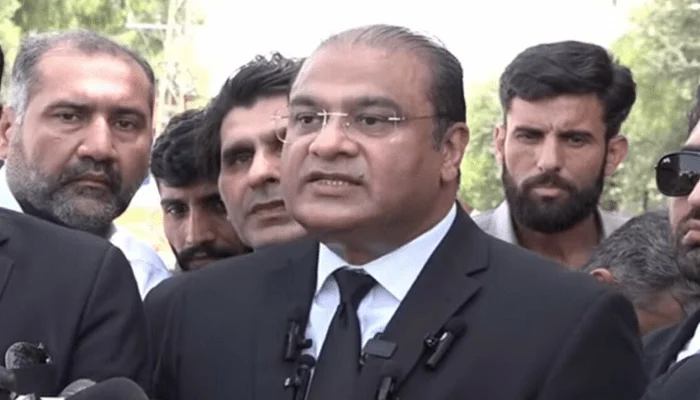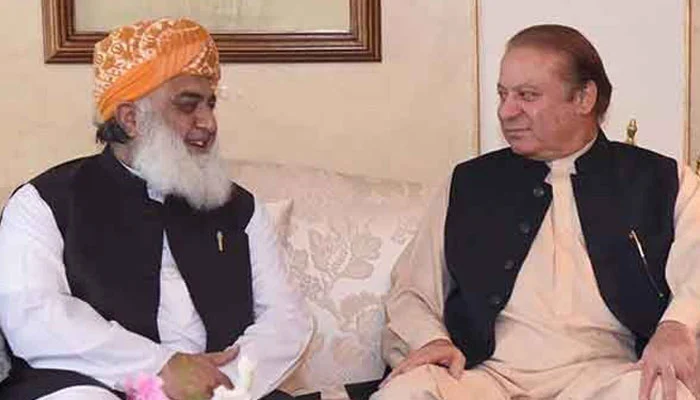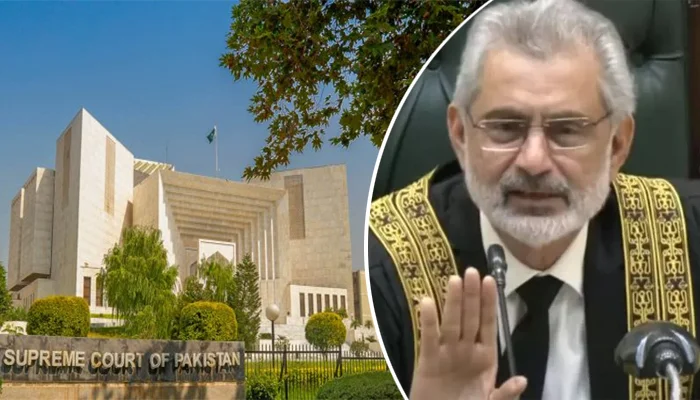In a bold and emotional testimony before the Tom Lantos Human Rights Commission of the US Congress, Pakistan Tehreek-e-Insaf (PTI) leader Syed Zulfi Bukhari made explosive claims regarding the 2024 general elections in Pakistan, branding them as the most “brutally rigged” in the nation’s history.
Bukhari, a former special assistant to ex-prime minister Imran Khan, accused the Pakistani establishment of engineering the elections to suppress democratic will, saying the February 8 vote marked a devastating blow to Pakistan’s already fragile democracy.
A Systematic Assault on Democracy
In his detailed address to the congressional panel, Bukhari opened with a stark statement:
Let me start with the event that shattered whatever remained of Pakistan’s democratic facade — the general elections of 8 February 2024. The rigging began long before election day itself.
According to Bukhari, the electoral manipulation was systematic, calculated, and ruthless. He outlined a broad range of alleged irregularities and state-sponsored tactics designed to sabotage PTI’s participation and visibility in the electoral process.
Among the key points he highlighted:
- PTI’s iconic cricket bat symbol was removed from the ballot, forcing many of its candidates to contest elections as independents.
- Dozens of PTI candidates were disqualified or faced legal roadblocks.
- Election rallies were banned, and PTI’s campaign materials — including banners and party flags — were routinely removed or destroyed.
- Prominent PTI leaders were either jailed, exiled, or forced into hiding, severely crippling the party’s electioneering capabilities.
Despite these hurdles, Bukhari emphasized that the Pakistani public defied fear and intimidation, turning out in large numbers to vote for change.
Against all odds, people came out and voted overwhelmingly for PTI-backed candidates. They stood in long queues. They believed their vote could bring change.
Mandate Stolen, Results Manipulated
Bukhari claimed that even after a clear voter turnout in support of PTI, results were manipulated between 24 and 72 hours after polls closed. He said that independent observers and third-party data had indicated that PTI-backed independent candidates had secured between 170 to 180 National Assembly seats, enough to form the government.
However, he alleged that the official results were drastically altered:
There were constituencies where the vote count defied basic logic. In one documented instance, a constituency with only 400 registered voters suddenly showed 450,000 votes cast on Form-47.
The manipulation, Bukhari argued, was not a matter of isolated incidents or clerical errors, but a deliberate nationwide operation to block PTI from returning to power.
Let me be very clear — Pakistan’s 2024 elections were neither free nor fair. They were engineered to silence the democratic voices of millions.
International Attention and Human Rights Concerns
By taking his concerns directly to the US Congress, Bukhari appears to be internationalizing PTI’s grievances, urging global powers to recognize the erosion of democratic norms in Pakistan. His testimony is part of a broader campaign by PTI and its supporters to highlight human rights violations, political repression, and the role of state institutions in undermining democracy.
The Tom Lantos Commission, which focuses on promoting human rights and justice worldwide, provided a key platform for Bukhari to present his case. He framed the issue not only as a political betrayal, but also as a human rights crisis.
These elections weren’t just about power. They were about silencing a population, criminalizing political participation, and breaking the spirit of a democratic nation.
PTI’s Fight for Recognition Continues
With Imran Khan imprisoned and the party under constant pressure, PTI’s leadership sees international advocacy as its next battleground. Bukhari’s appearance signals a shift in strategy — moving from domestic street protests to diplomatic channels in hopes of gaining international support.
As the controversy around the 2024 elections grows, pressure is mounting on Pakistan’s electoral authorities and caretaker government to address the allegations. Meanwhile, PTI continues to press for judicial inquiry, electoral reform, and restoration of its mandate.
For now, Bukhari’s powerful testimony in Washington serves as a rallying cry — not just for PTI supporters, but for anyone concerned about the state of democracy in Pakistan.



